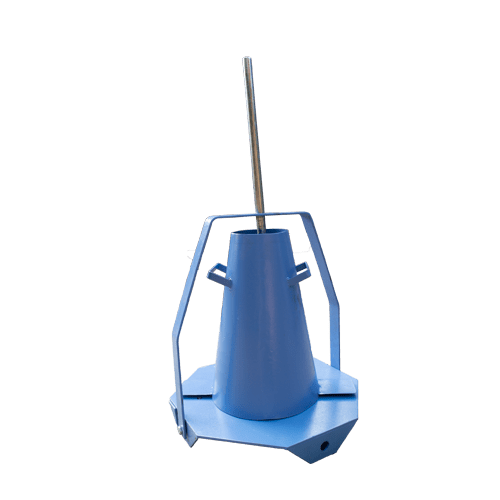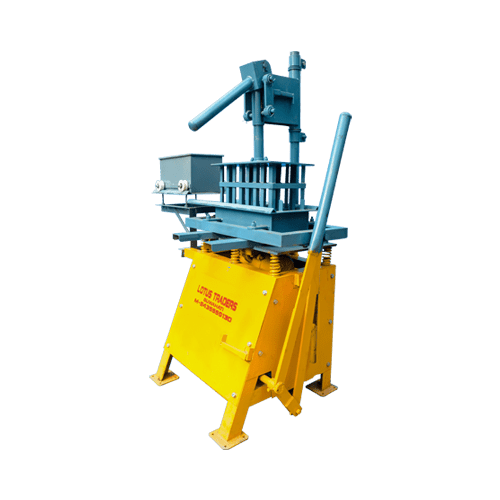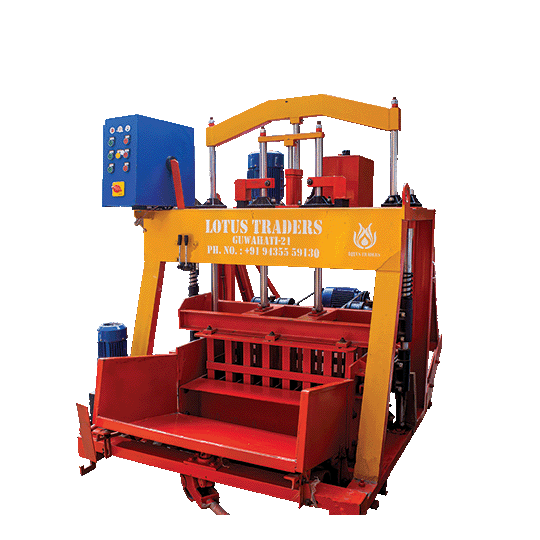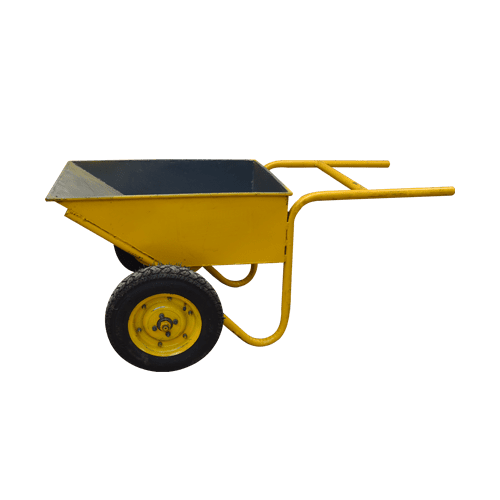

CONCRETE TESTING EQUIPMENT
Role of Concrete Testing Equipment
Concrete is always known for its strength, sturdiness, and rigidity, in this era of faster business expansion and booming construction industry, concrete has become the most used material in construction works. It is important to ensure the excellent quality of the concrete used inside the venture for structural integrity and perfection in the final output.
To make sure that the concrete shape meets the specifications and necessities of construction standards, its essential to examine the basic and important assessments with the use of specialized device.
Concrete serves as the building block for each creative project, consisting of, residencies, business models, infrastructure. The quality of concrete is the most important component of constructions industry. Concrete testing system empowers constructional experts and engineers to assess the properties of concrete, to ensure its structural rigidity and strength.
Test performed during concrete testing:
Slump test: the slump test is a widely used method for assessing the consistency and workability of concrete. During this test a few simple gears such as drop cone and a tamping rod are used to measure the consistency of the concrete to make sure that the concrete is ready for further operations.
Compression test: this test is performed for assessing compression ability of the concrete. A compression test machine applies pressure upon the concrete structure till it falls apart or breaks aside. This procedure is performed to make sure that the concrete used in the projects can endure the damages and abuses of this harsh environment.
Flexural test: this test is performed to assess the degree and the capability of concrete to resist against bending and cracking of structure under loads, it is a crucial assessment to analyse the flexibility of the concrete structure like beams and slabs.
Tensile strength check: this test is performed to check the ability of the concrete to withstand conditions of tension or pulling pressure, this assesses the performance under such situations.
Curing test: this test assesses the curing capabilities of concrete specimens. Proper curing is needed to make sure that the concrete structure will remaining intact longer with the identical strength as constructed. This examines the content and the dimension of temperature and humidity at stage of curing.
Permeability test: this test is performed to evaluate the capability of the concrete to face up towards water or another liquid. Lower permeability indicates better integrity and sturdiness of the concrete because it reduces the risk of water or chemical damage.
Abrasion resistance test: this test is performed to assess the capacity of the concrete structure to withstand against surface abrasion. It is important for assessing the durability of concrete near areas dealing with high abrasion.
Density test: the density of the concrete is measured to ensure that the preferred specifications and desired output is achieved, test is executed with each of the fresh as well as cured concrete to test the stability and consistency.
Soundness test: this test is performed to assess the ability of the concrete to soak up or how it reacts to volume changes caused by chemical reactions or high temperature variation, as unsound concrete can cause cracking and destruction.
Air content test: this test is performed to determine the quantity of air molecules in clean concrete. Proper air content material is important to be present in the concrete, to save it from cracking due to expansion and contraction.
Shrinkage test: shrinkage test is done to evaluate the resistance of concrete against shrinkage that takes place during the curing phase, as excessive shrinkage can result in cracking of the structure.
Temperature rise test: this test measures the temperature rise during the curing of huge structures, such as dam blocks or large buildings. It helps in stopping thermal cracking.
Advantages of concrete testing equipment:
Performing concrete testing provides various benefits in construction industry, it guarantees the finish, protection, and sturdiness of concrete structure.
Quality assurance: this test ensures that the concrete used for construction meets the desired high-quality standards and specifications od construction industry.
Strength verification: testing the compressive, tensile, and flexural strength of concrete guarantees that the concrete meets the specified energy requirements. This ensures that the shape can undergo any form of intended plan.
Workability assessment: various concrete tests are performed here, which assess the workability and consistency of concrete. first-rate consistency is vital for ideal operation and desired final outcomes.
Durability assurance: Concrete testing can verify the long-term durability of concrete structure by inspecting elements consisting of resistance to freeze-thaw cycles, chemical exposure, and abrasion resistance and many more.
Cost saving: by assessing capability, issues early within the production procedure, concrete testing can help to prevent luxurious maintenance or replacements inside the construction. It can also result in extra green/clean use of substances, decreasing waste.
Compliance: many production tasks are subjected to regulatory requirements and code of conduct. Concrete testing guarantees that the concrete utilized in construction complies with the requirements, and safety norms.
why to choose lotus traders.
choosing to purchase concrete testing equipment from Lotus Traders is a decision that offers numerous advantages and benefits to individuals and organizations within the construction industry. Lotus Traders has established a reputation for providing high-quality, reliable, and technologically advanced equipment designed to meet the diverse needs of the construction and materials testing sectors.
Concrete testing equipment will serve as the key benefit to all your construction projects as it unfavorable testing methods checks for every strength and weakness of your project to ensure perfection and solidarity of construction projects. Buying concrete testing equipment from lotus traders is a bold step towards exponential growth and success.
Popular equipment used for concrete testing are: – Concrete Schmidt Hammer, Cube Mold ISI, Cube Testing (Manual), Slump Test Apparatus, Cube Vibration Table, Curing Tank, Cylindrical Mold, Fully Automatic Compression Testing Machine, Pocket Concrete Penetrometer, Digital Cube Testing Machine. All these equipment is available with lotus traders for more information visit
The five major test for concrete are: permeability test, slump test, penetration test, absorption test, surface abrasion test and many more.
The standard assessments for concrete testing are: slump test, air content test, load bearing capability test, and temperature test.
The ideal density of concrete depends upon various factors such as requirements and shape of the structure. Still universally it is 2.4g/cm cube.
Zero slump shows that the concrete maintains the actual shape of the mold, which represents stiff, consistent, and almost no workability.
Concrete tester also known as concrete inspector, typically test various aspects of concrete and other materials within laboratory as well as on-site inspections.



















